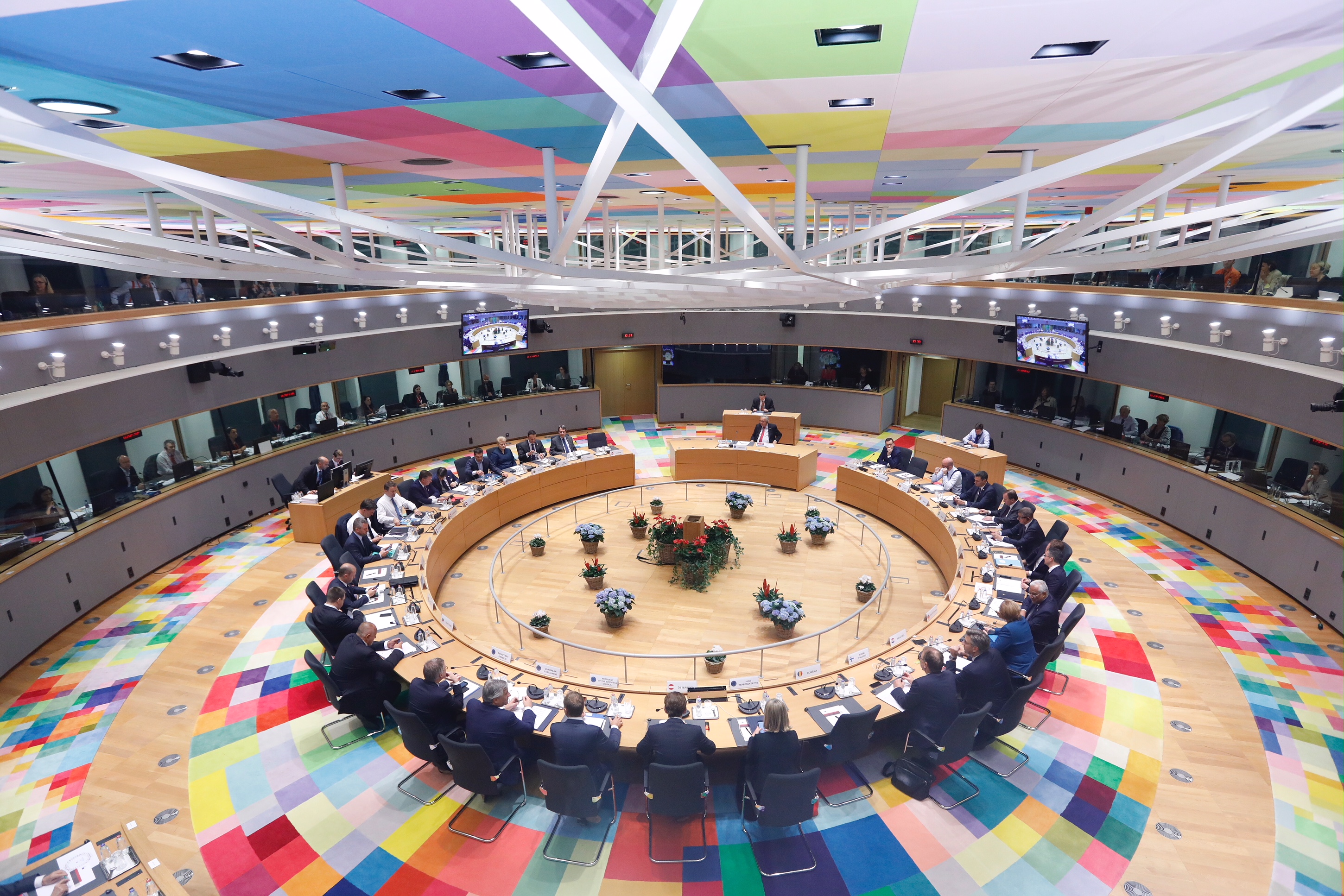Large tech companies are to face increased scrutiny of political ads after the European Parliament and Council of the EU reached a provisional agreement on ad transparency on Tuesday.
The new rules, which also cover offline paid political ads, aim to make elections more transparent in response to concerns about voter manipulation, disinformation and opaque campaigns.
They will mean significant new restrictions for large online platforms such as those operated by Meta and Google.
While the full rules are only expected to apply in early 2025, 18 months after they come into force, they will apply to cross-border campaigns for the 2024 European Parliament elections.
Under the new rules political ads will have to be labelled as such and will have to provide information on who is funding the ad, the amount paid, and which elections are being targeted.

Sensitive data
The rules prohibit third-country entities from sponsoring political advertising in the EU in the three months before an election or referendum and bar ads that target people on the basis of ethnicity, religion or sexual orientation.
Violations can be punished with fines of up to 6 percent of an ad provider’s annual turnover.
“Citizens will be able to easily spot political advertising online and who stands behind it,” said MEP Sandro Gozi, who has been leading the process in the European Parliament.
He added that the rules would “make it harder” for foreign actors to spread disinformation and interfere in elections and that negotiators had secured a “favourable environment” for transnational campaigning in time for the upcoming European Parliament elections.
The draft legislation was proposed last year by the European Commission.
Online repository
An EU-wide repository is to be set up to store all online political advertising two years after the rules come into force, to increase transparency.
Organisations including the Computer & Communications Industry Association (CCIA Europe) have warned that vague language could make implementation of the rules difficult across borders.
“It is crucial to provide sufficient clarity in order for political advertising publishers to implement the EU’s new ad rules in a proper way, and without harming freedom of expression in electoral processes,” said CCIA Europe senior policy manager Claudia Canelles Quaroni in a statement.
The technical details of the regulation are to be discussed in the coming weeks to finalise the agreement, after which the two EU institutions will have to formally adopt the agreement.





